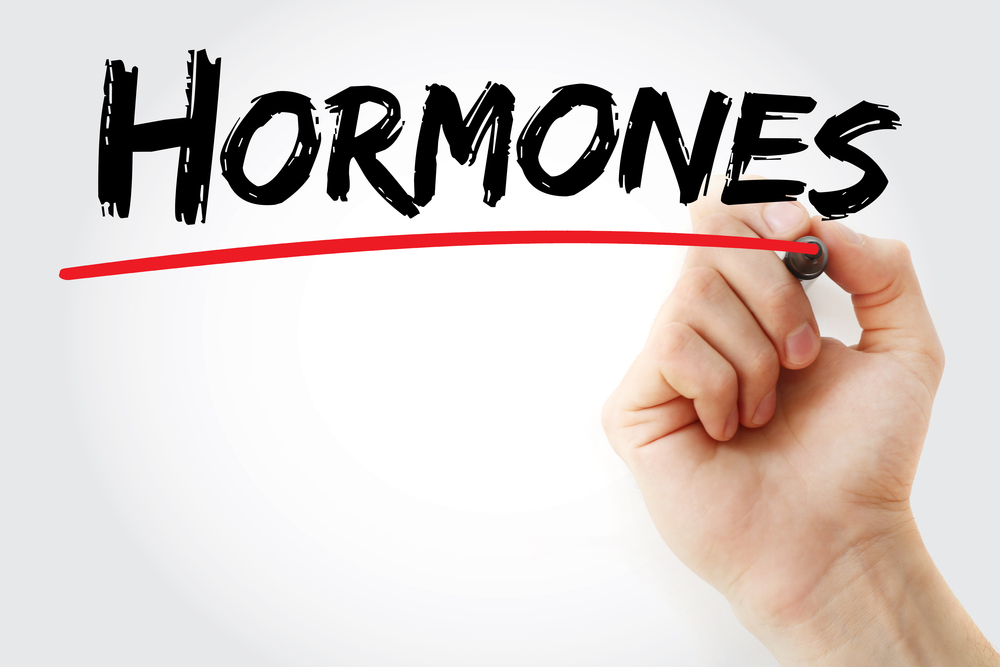Treatment of COVID or Post COVID syndrome at Forum Functional Health Care
At Forum, We extend a warm welcome to individuals navigating the challenges of COVID or Post COVID Syndrome. This space is dedicated to discussing various treatment approaches, sharing personal experiences, and providing support for those dealing with lingering symptoms after recovering from COVID-19.
What You Need to
Know COVID or Post COVID
COVID-19, caused by the SARS-CoV-2 virus, has shown to be highly contagious, spreading quickly over the world and killing over a million deaths in the United States alone. COVID-19 is most commonly associated with respiratory symptoms such to a cold, flu, or pneumonia, although it affects other regions of the body as well. While many people have moderate symptoms, some suffer from serious illnesses.
A complex phenomenon known as Post-COVID Conditions, or “Long COVID,” arises in a subgroup of people, even those who have little or no early symptoms. This mysterious ailment is characterized by persistent and often debilitating symptoms that last for weeks or months following the acute phase of the illness. Long COVID highlights the virus’s complexities and the importance of studying its long-term impacts on health.
Understanding COVID or Post-COVID Syndrome
Understanding COVID or Post-COVID Syndrome
Long COVID, also known as Post-COVID Syndrome, refers to a condition where individuals experience lingering symptoms well beyond the acute phase of the COVID-19 infection. This phenomenon has raised concerns globally, prompting the need for a deeper understanding of its implications. Here’s what you need to know
1. Prolonged Symptoms
- Individuals with Long COVID continue to experience a range of symptoms for weeks or months after their initial recovery from the acute illness.
- Common lingering symptoms include fatigue, shortness of breath, chest pain, joint pain, and cognitive difficulties.
2. Diverse Manifestations
- Long COVID symptoms vary widely and can affect multiple organ systems, including the respiratory, cardiovascular, neurological, and gastrointestinal systems.
- Cognitive issues, often referred to as “brain fog,” may include difficulties with concentration, memory, and mental clarity.
3. Prevalence and Risk Factors
- Long COVID can affect individuals of all ages, regardless of the severity of the initial COVID-19 infection.
- Certain risk factors, such as age, pre-existing health conditions, and the severity of the initial illness, may contribute to the likelihood of developing Post-COVID Syndrome.
4. Diagnosis Challenges
- Diagnosing Long COVID can be challenging, as there is no specific test for the syndrome.
- The diagnosis is often based on a history of COVID-19 infection and the presence of persistent symptoms beyond the expected recovery period.
5. Impact on Daily Life
- Long COVID can significantly impact an individual’s quality of life, affecting their ability to work, engage in daily activities, and maintain social connections.
- The fluctuating nature of symptoms adds an additional layer of unpredictability.
6. Ongoing Research
- Research is ongoing to understand the underlying mechanisms of Long COVID and identify effective treatments.
- Studies are exploring the long-term effects of COVID-19 on different organ systems and potential strategies for managing persistent symptoms.
7. Multidisciplinary Approach to Treatment
- Managing Long COVID often requires a multidisciplinary approach, involving healthcare professionals from various specialties.
- Treatment plans may include rehabilitation, symptom management, mental health support, and, in some cases, experimental therapies.
8.Importance of Mental Health Support
- Long COVID can have a profound impact on mental health, leading to anxiety, depression, and feelings of isolation.
- Providing mental health support is crucial for individuals navigating the challenges of Post-COVID Syndrome.
Forum Approach to COVID or Post COVID
At Forum, Where a heartfelt invitation is extended to those on the journey of navigating the complexities of Long COVID or Post-COVID Syndrome.
1. Shared Experiences:
- Members can share their unique experiences with Long COVID symptoms, fostering a sense of understanding and empathy.
- Personal narratives help others relate and gain insights into the diverse ways this syndrome manifests.
2. Holistic Treatment Approaches:
- Discuss natural and holistic treatments that members have found effective in alleviating symptoms.
- Explore lifestyle changes, dietary adjustments, and alternative therapies that contribute to overall well-being.
3. Medical Insights:
- Healthcare professionals or experts may contribute to the forum, providing valuable medical insights and evidence-based information.
- Members can seek guidance on medication, rehabilitation, and other medical interventions.
4. Mental Health Support:
- Recognize the impact of Long COVID on mental health and discuss coping strategies.
- Share experiences with mental health professionals, mindfulness, and support networks.
5. Rehabilitation and Exercise:
- Exchange information on physical therapy, exercise routines, and rehabilitation programs that have proven beneficial.
- Discuss the gradual reintroduction of physical activities and overcoming challenges.

